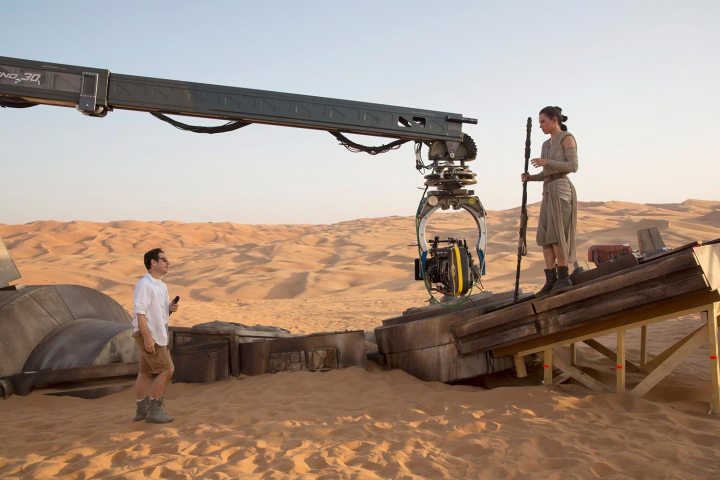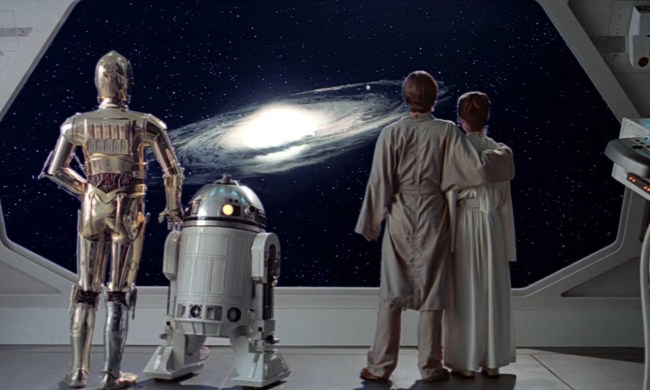
So while many fans are slowly blinding themselves with constant reruns of the now-released Blu-Ray edition, Disney is counting its massive haul. The Force Awakens is now the third-highest-grossing movie of all time (and third ever to reach the $2 billion milestone), behind James Cameron’s blockbusting Titanic and Avatar films. But with almost a billion of that cash earned domestically, J.J. Abrams’ sequel is firmly the highest-grossing film ever in the United States.
The $2 billion club is extremely elusive for even the biggest hit films. Case in point: The next-closest worldwide grosser of all time to The Force Awakens is Jurassic World, which earned almost a quarter less ($1.6 billion) at the box office overall.
Abrams’ Star Wars broke numerous box office records — and crashed many ticketing websites — when it first hit theaters in December, and that fervor continued for months after its release, It continued to sell more than $1 million in tickets per day until March.
On the foreign front, the U.K. was the largest box-office supporter of the film, with $180 million in sales, followed by the burgeoning market in China, which spent $125 million.
Disney may be upset that it didn’t upend Cameron’s two massive hits at the box office, but it will likely hugely outperform both films in merchandise and licensing: One doesn’t see many teenage girls with Titanic posters on their wall in 2016, but there sure are a lot of little tykes with Kylo Ren’s saber.
Plus, with numerous spinoffs and sequels planned in the coming years, that $4 billion sticker price will continue to melt away. Rogue One: A Star Wars Story hits theaters this year, followed by the Rian Johnson-directed sequel to The Force Awakens and a film about the young Han Solo, set to hit screens in 2018. All of these should make sizable dents in Disney’s upfront investment, if not firmly erase it forever.



